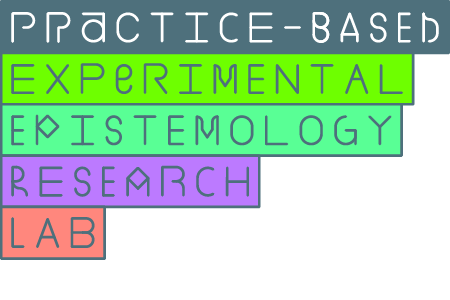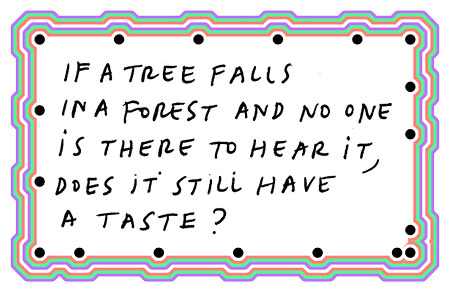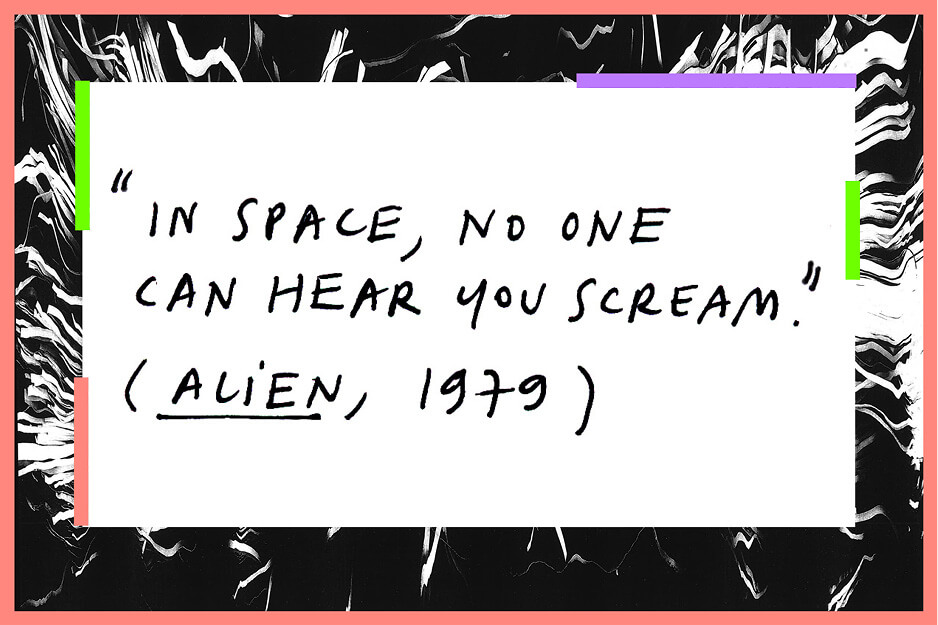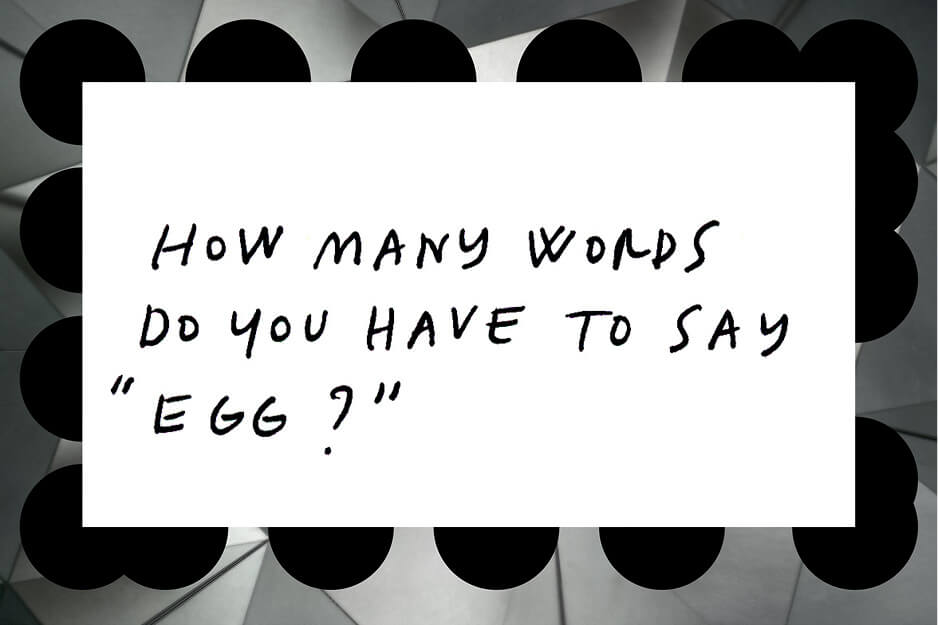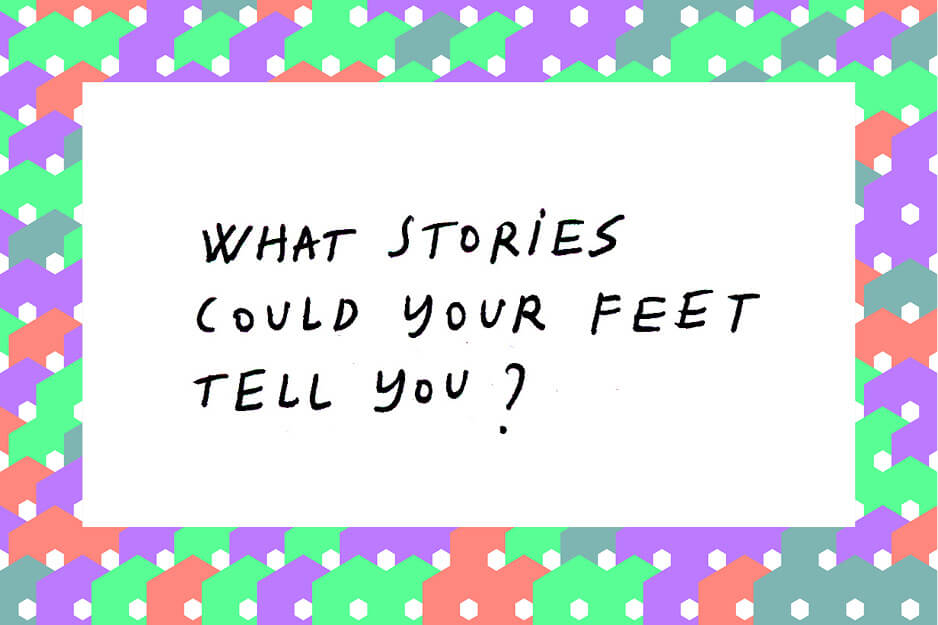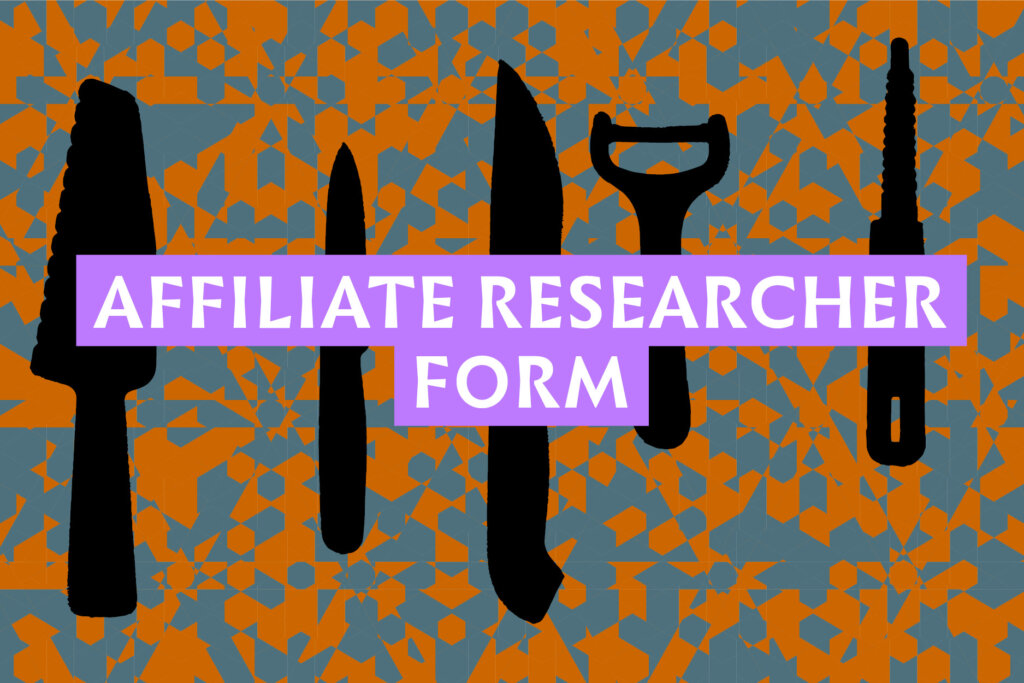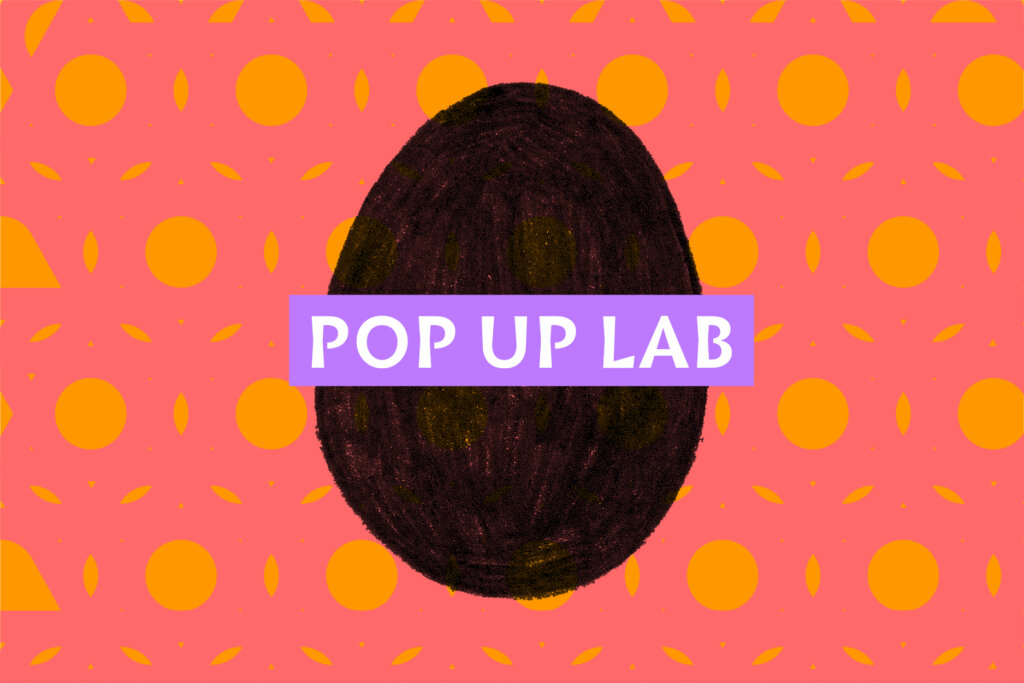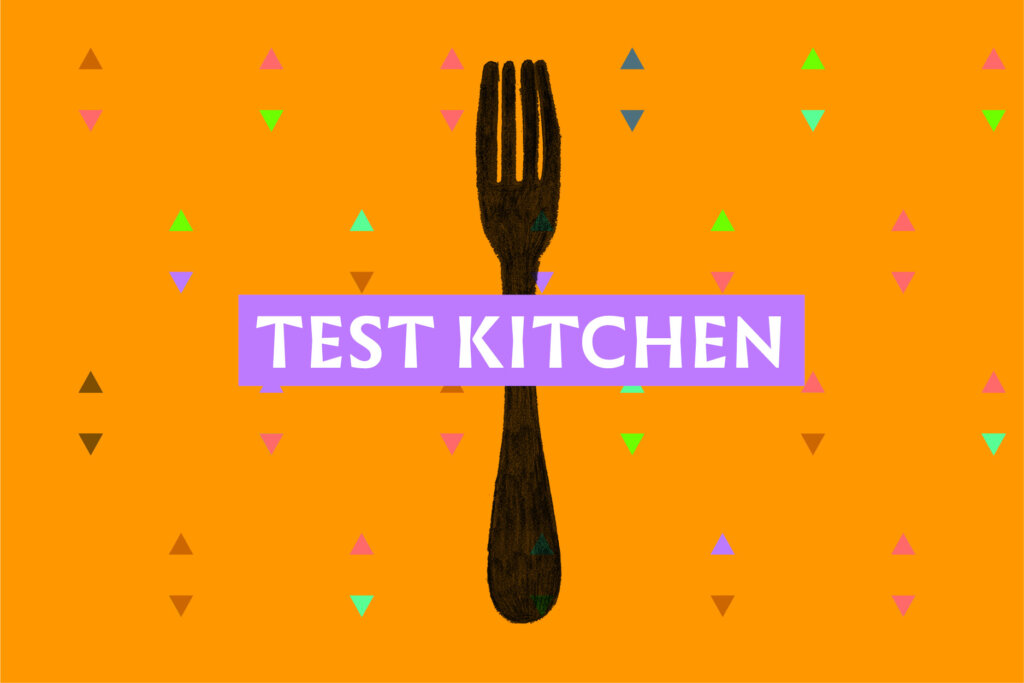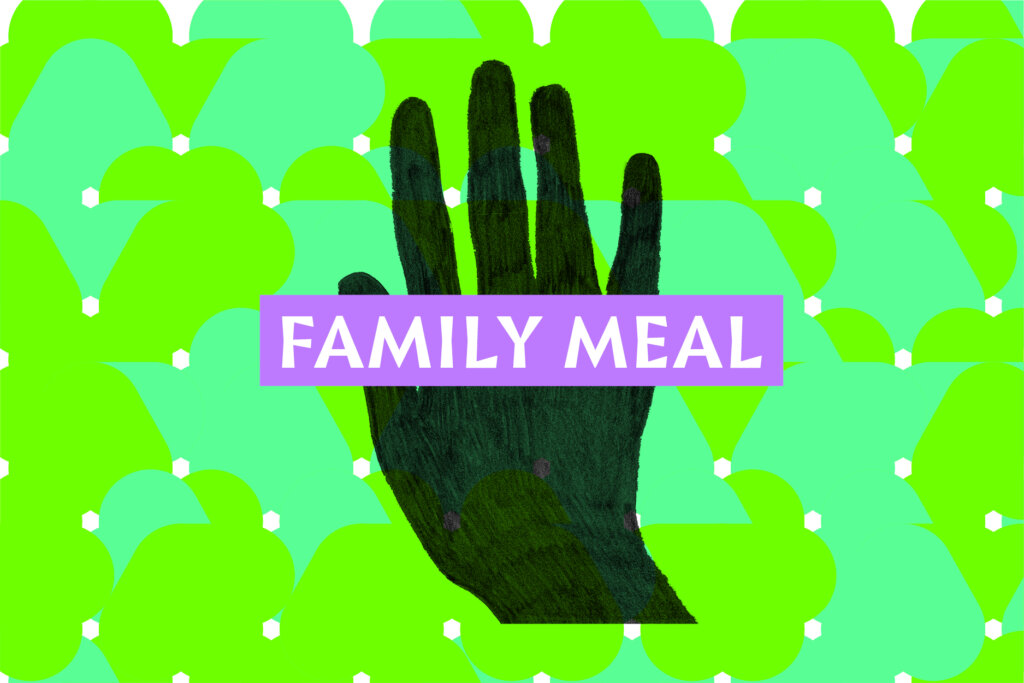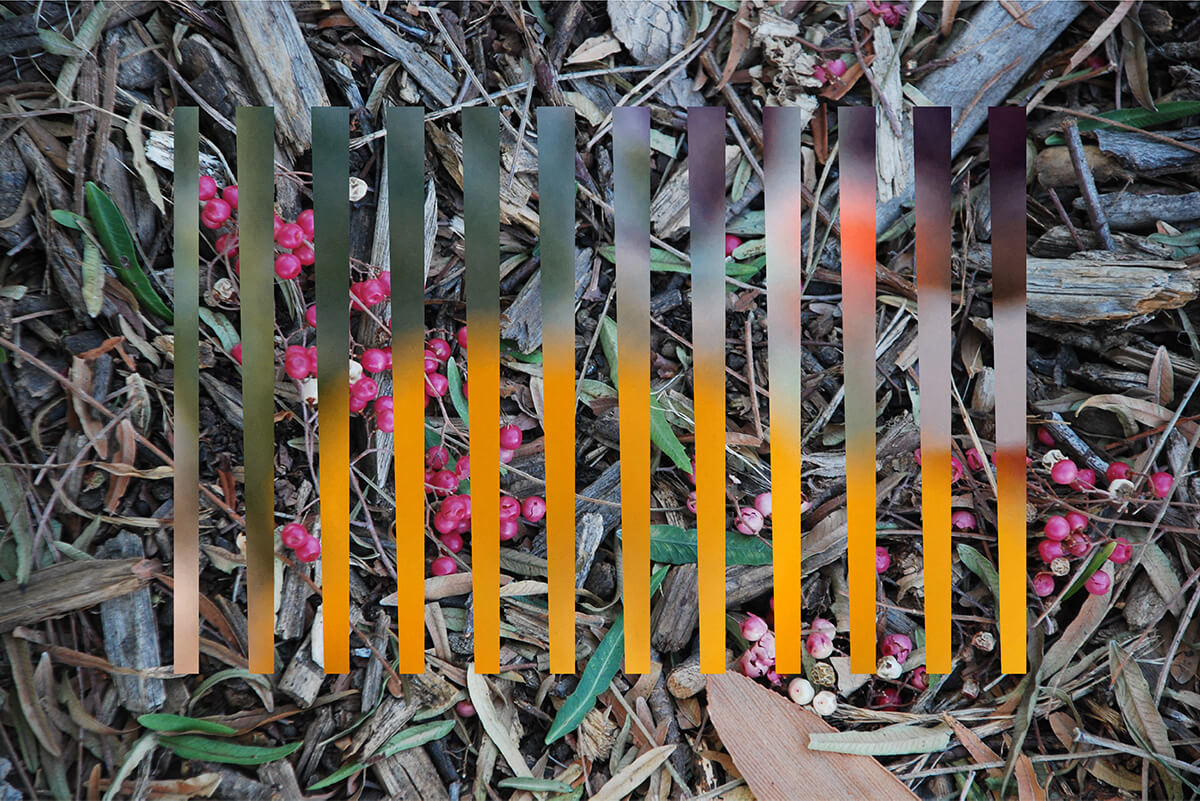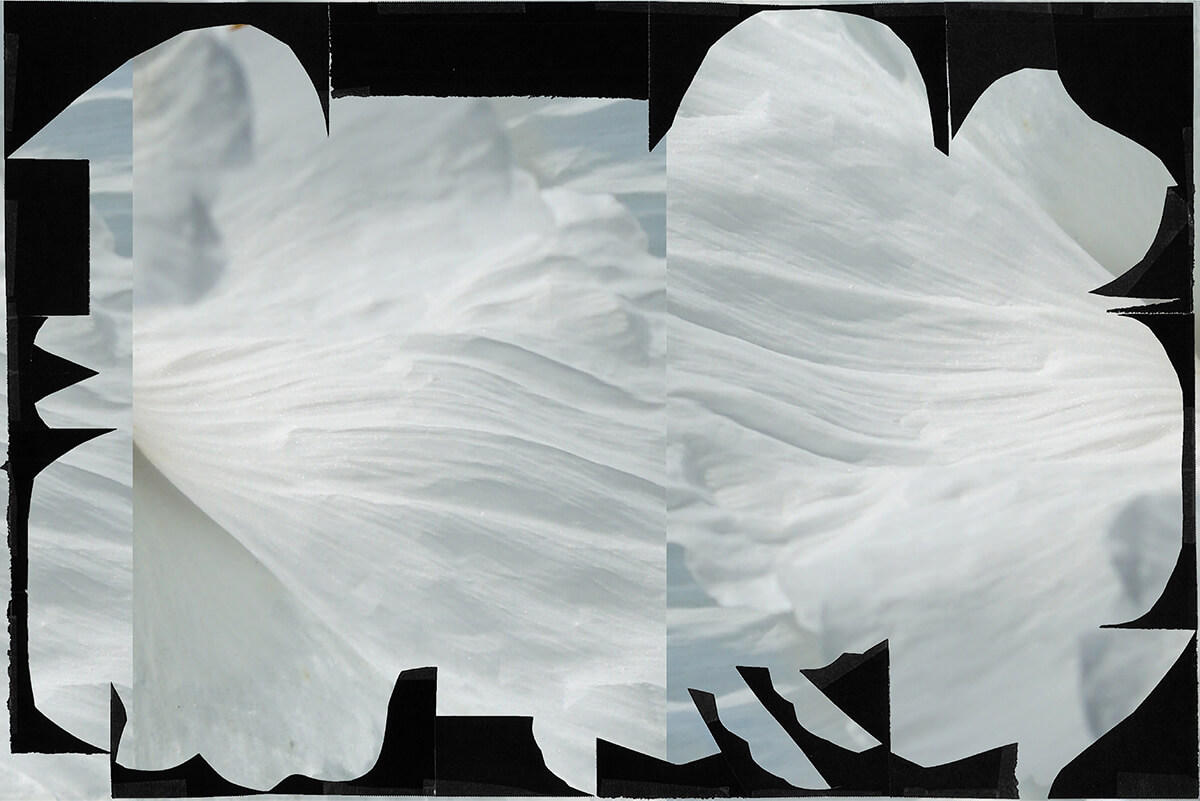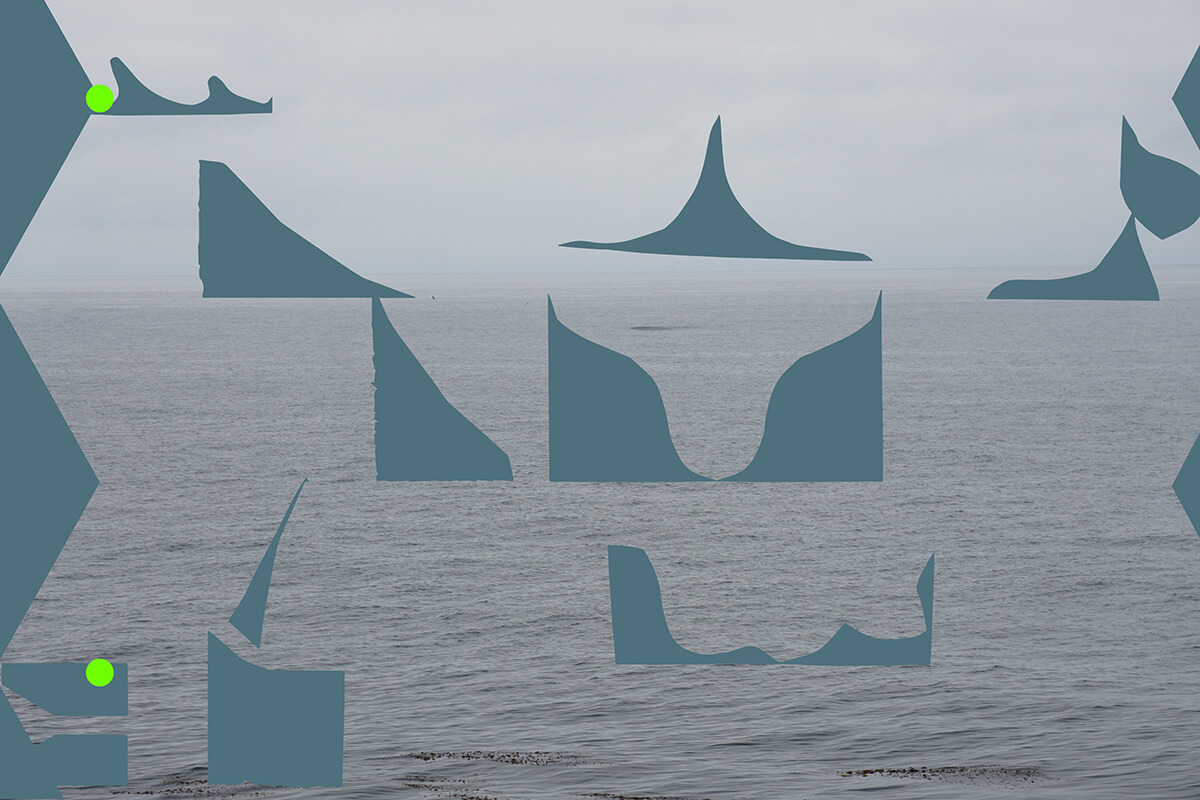An experimental research Lab dedicated to decolonizing data, methodology, and analysis through creative practice.
At the UCLA PEER Lab, we study the creative processes involved in everyday, traditional, and emerging practices. We pay attention to how oppressed groups and individuals survive, pursue knowledge, and express joy through music and sound. And, acknowledging storytelling as the root of cultural appropriation, we take an active part in which stories are told, and who gets to tell them.



